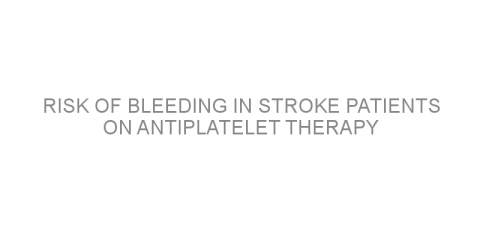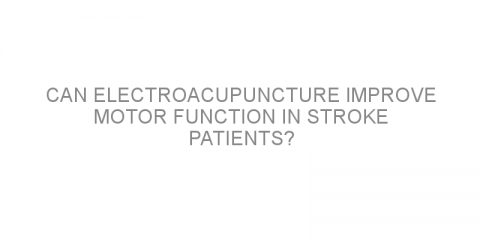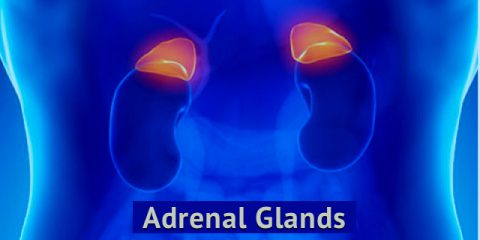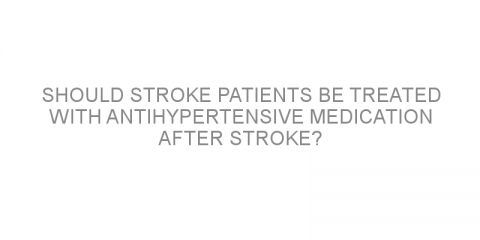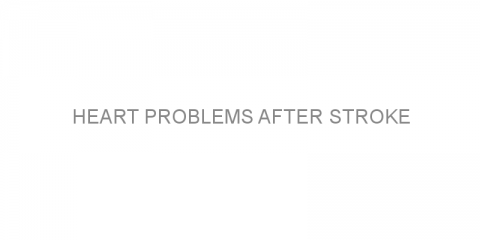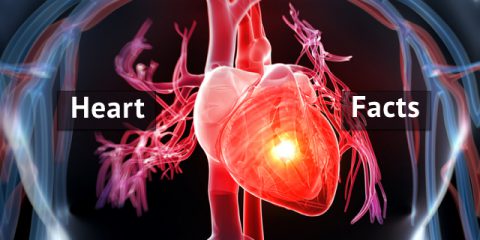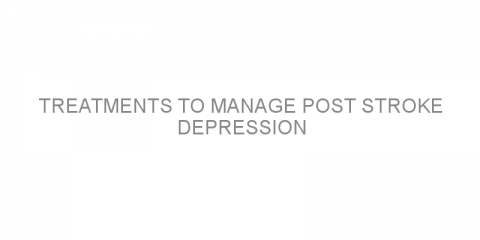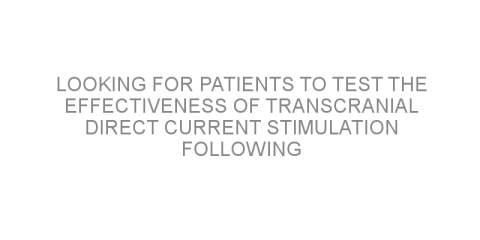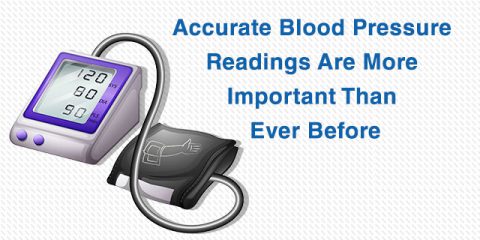The mitochondria in cells produce energy. In the process they form reactive oxygen species. Reactive oxygen species, also called free radicals or oxygen radicals are used in many metabolic processes that are essential to life. For example, they are are part of enzyme reactions in the body. White blood cells, like neutrophils produce reactive oxygen...
Read MoreStroke Posts on Medivizor
Risk of bleeding in stroke patients on antiplatelet therapy
In a nutshell This study examined the risk of bleeding due to dual antiplatelet therapy in stroke patients. The authors concluded that patients treated with dual antiplatelet therapy have a higher risk of major and gastrointestinal bleeding within the first 30 days of treatment. Some background Antiplatelet therapies (such as aspirin) are used to...
Read MoreCan electroacupuncture improve motor function in stroke patients?
In a nutshell This meta-analysis reviewed the effect of electroacupuncture at treating motor dysfunction in stroke patients. The authors concluded that electroacupuncture combined with rehabilitation and/or drugs could help improve motor dysfunction in stroke patients. Some background Motor dysfunction is a common occurrence after stroke. Post-stroke...
Read More5 Things You Probably Didn’t Know About Your Adrenal Glands
The adrenal glands-which are also called suprarenal glands-are part of the endocrine system and are found on the top of each kidney. How the endocrine system hormones work Hormones secreted from glands of the endocrine system travel in the bloodstream to target cells. Target cells have receptors that are specific to each hormone. The hormones and receptors...
Read MoreShould stroke patients be treated with antihypertensive medication after stroke?
In a nutshell This study looked at whether patients should be prescribed antihypertensive medication after stroke. The authors concluded that treatment with antihypertensive medication reduced the risk of death from cardiovascular disease in stroke patients. Some background Hypertension (high blood pressure) is associated with stroke and other...
Read MoreHeart problems after stroke
In a nutshell This review described the relationship between the brain and heart damage in stroke patients. They concluded that there are clinical indicators that could be helpful in diagnosing early stage heart problems in stroke patients. Some background Previous studies have shown that heart problems and failure are common in patients with...
Read MoreSCAD and Heart Facts Infographic
This week, the American Heart Association put out its first Scientific Statement on SCAD-spontaneous coronary artery dissection. “Spontaneous coronary artery dissection (SCAD) has emerged as an important cause of acute coronary syndrome, myocardial infarction, and sudden death, particularly among young women and individuals with few conventional...
Read MoreShould screening for atrial fibrillation in stroke patients be more thorough?
In a nutshell This study looked at whether late diagnosis of atrial fibrillation in stroke patients would result in a higher chance of another stroke. The authors concluded that delayed diagnosis of atrial fibrillation resulted in a higher risk of recurrent stroke, particularly in men. Some background Atrial fibrillation (AF) is when a patient has...
Read MoreTreatments to manage post stroke depression
In a nutshell This study looked at different methods to treat post stroke depression. The authors concluded that patients treated with norepinephrine reuptake inhibitors had the greatest reduction in depression scores. Some background Depression is a common side effect after stroke. This can be linked with decreased quality of life and increased...
Read MoreIncreased risk of diabetes in stroke patients
In a nutshell This study evaluated the risk of diabetes in stroke patients. They concluded that there is a higher risk of diabetes in patients with stroke and that these patients exhibit a higher risk of urinary tract infections, pneumonia and mortality. Some background Stroke is known to be one of the comorbidities for patients with diabetes....
Read MoreLooking for patients to test the effectiveness of transcranial direct current stimulation following left hemisphere stroke
In a nutshell This trial will examine whether transcranial direct cortical stimulation (tDCS) combined with speech and language therapy (SALT) is effective treatment for stroke patients. The trial will focus on patients who have had left hemisphere ischemic stroke (LHIS) and now have aphasia (difficulty speaking). The main outcome of the trial will be...
Read MoreAccurate Blood Pressure Readings Are More Important Than Ever Before
These new goals are based on a significant number of research studies but especially the SPRINT study. This was a large investigation with more than 9000 patients over the age of 50 whose blood pressure measured higher than 130 mm Hg. Participants also had at least one of these risk facts: 1) “Presence of clinical or subclinical cardiovascular...
Read More

